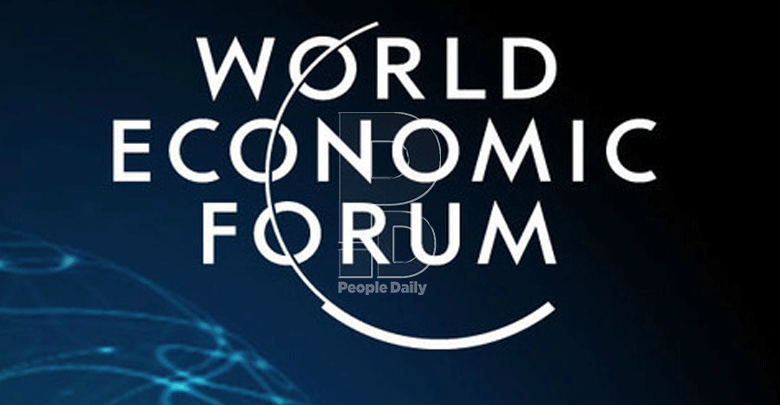Why our tax policies need urgent reforms
By Phyllis Wakiaga, May 19, 2021The only way a nation can succeed in bridging the relationship gap between its citizens and the government – enriching the quality of our democracy and reducing apathy – is through the institution of efficient and fair tax systems.
Good tax systems and citizen participation in governance ultimately lead to the achievement of economic development goals.
A good tax system promotes a country’s competitiveness and productivity, by creating an enabling environment for doing business.
The World Economic Forum, which has been measuring competitiveness among countries since 1979, defines it as “the set of institutions, policies and factors that determine the level of productivity of a country”.
A competitive and productive country promotes citizens’ well-being, leading to growth and improved living conditions.
Increased productivity, on the other hand, ensures efficient utilisation of resources available to the economy, such as labour, capital and business expertise, to produce goods and services.
Looking specifically at manufacturing, the UNIDO 2020 Competitive Industrial Performance (CIP) Index ranks Kenya’s industrial competitiveness at position 115 out of 152 countries.
This is in comparison to our key competitor markets in Africa such as Egypt and South Africa that rank at positions 64 and 52, respectively.
Kenya Association of Manufacturers (KAM) Manufacturing Priority Agenda (MPA) 2021 identifies some of the key issues that hinder the competitiveness of Kenya’s manufacturing sector, which includes Kenya’s tax regime.
Unfortunately, the cost associated with the high amount of taxes, is added to the price of a final product, thereby hindering our competitiveness.
Taxes are a major source of government revenue. However, sudden fiscal and taxation policy changes harm businesses and become a stumbling block to business continuity.
Furthermore, where incentives are provided alongside government policies that seek to increase taxes, such as minimum tax and reduction of investment allowance deductions, the outcome is a zero-sum game for both government and local industries.
According to the Oklahoma Policy Organisation, a good tax system should meet basic conditions: fairness, adequacy, simplicity and transparency.
Fairness means that everybody pays their equal share of taxes. Adequacy means that taxes must provide revenue to meet society’s basic needs.
Simplicity entails making tax systems easy to understand, with minimum requirements, which reduces the cost of compliance.
Transparency ensures that stakeholders can easily access information on the tax systems, and how the money is spent.
As a country, we should strive to meet these requirements. This shall be achieved by carrying out tax reforms.
Eventually, create a conducive business environment, encourage investments and eventually, expand government’s revenue base.
Some aspects of our tax policies need to be amended, to create a level-playing field for the local manufacturing sector.
Additionally, they remain highly unpredictable, which deters investors from choosing to set up their businesses in the country.
The manufacturing sector in Kenya contributed 7.2 per cent of the GDP and 17.5 per ecnt of tax revenues in the Financial Year 2019/20.
This demonstrates a more than proportionate contribution of the manufacturing sector to taxes, relative to its GDP ratio.
Evidently, industry’s growth and performance is instrumental in increasing tax revenues for government.
Therefore, overarching interventions are needed to bolster economic recovery and drive the resilience and sustainability of local industry.
This entails the adoption of a “do-no-harm” principle while intervening in the market and increasing the resilience of the manufacturing sector and ease of doing business by ensuring long-term policy stability, particularly on taxation.
A development-friendly tax regime shall build value chains, create jobs, drive economic growth and increase the manufacturing sector’s contribution to the GDP, as envisioned in the Government’s development goals. —The writer is the CEO of Kenya Association of Manufacturers —ceo@kam.co.ke
